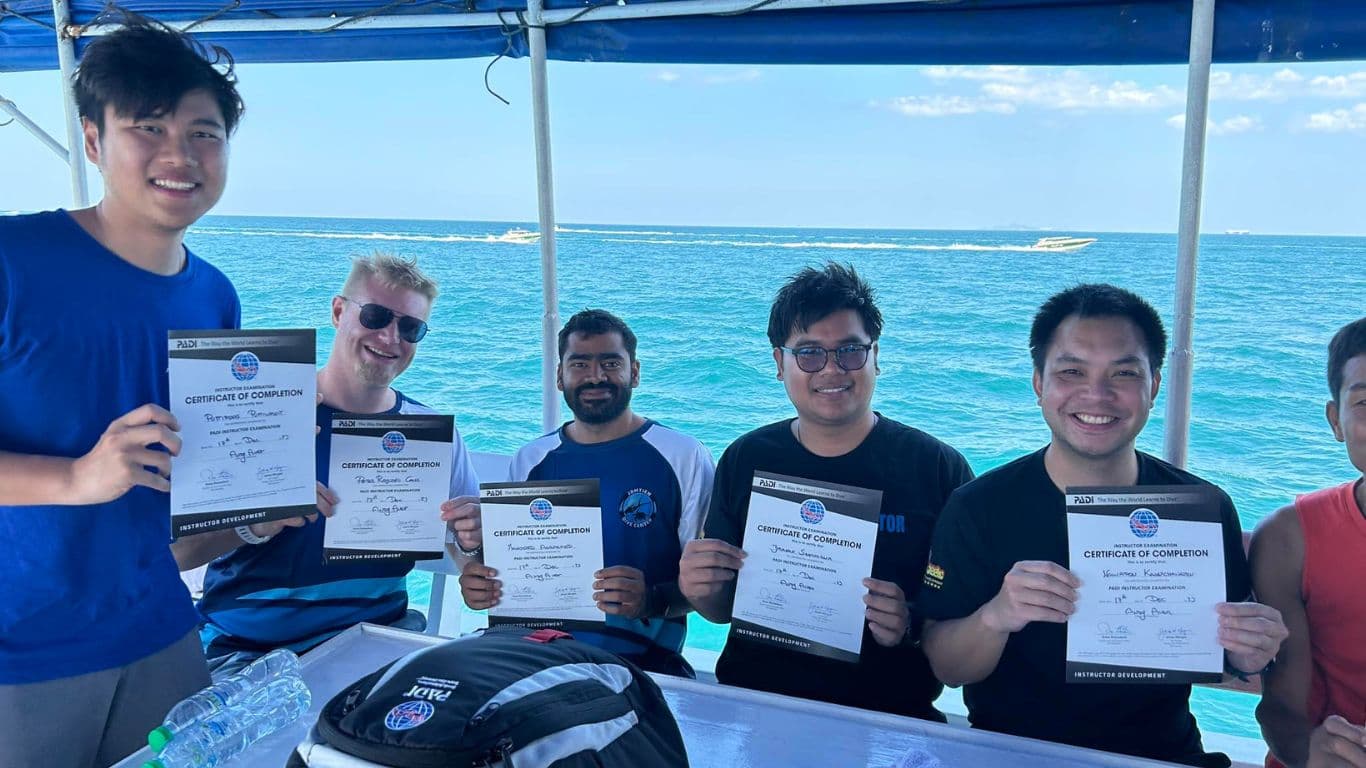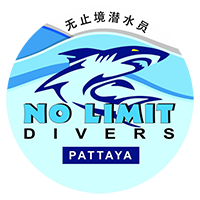Congratulations on completing your PADI Instructor Development Course (IDC)! 🎉 Now comes the exciting part: how to land your first job as a scuba instructor. Whether you dream of working on tropical islands, exploring new dive sites, or inspiring the next generation of divers, getting your first job can feel like a challenge.
The good news? With a strong resume, effective networking, and the right mindset, you’ll be teaching your first class in no time. Let’s dive into the steps to help you secure that first position as a professional dive instructor.
Step 1: Build a Professional Dive Resume
Your dive resume is the first impression you’ll make on potential employers. It should showcase your qualifications, experience, and skills in a clear, concise format.
What to Include in Your Dive Resume
- Certifications: Start with your PADI certifications, especially your IDC and Emergency First Response (EFR) Instructor credentials. Highlight any specialty certifications like Nitrox or Deep Diver Instructor.
- Experience: List your logged dives and note any experience assisting courses or guiding dives.
- Languages: Multilingual instructors are highly sought after, so emphasize any additional languages you speak.
- Soft Skills: Mention transferable skills like communication, problem-solving, or customer service.
- Professional Photo: Include a professional photo of yourself in dive gear for a personal touch.
Pro Tips for Your Resume:
- Keep it one page. Dive shop managers are busy and appreciate brevity.
- Use action words like “trained,” “guided,” or “assisted” to highlight your responsibilities.
- Create a digital version (PDF) that’s easy to email or share online.
💡 Did you know? According to PADI, instructors with specialties are 80% more likely to land their first job compared to those with only basic qualifications.
Step 2: Leverage Your PADI 5-Star Dive Center
Training at a PADI 5-Star Dive Center gives you a competitive edge in the job market. These dive centers are known for their quality training, professional networks, and high placement rates.
Why a PADI 5-Star Dive Center Matters
- Job Placement Rates: Graduates from PADI 5-Star Dive Centers are 65-75% more likely to secure jobs within three months than those from non-5-Star centers.
- Connections: These centers often have relationships with dive shops worldwide.
- Experience Opportunities: Many offer internships or assistant teaching roles to give you real-world experience.
Pro Tip:
Stay in touch with your course director and instructors. They often know about job openings and can provide invaluable references. If you trained with us, we’ll help you tap into our network of dive centers across the globe!
Step 3: Network with the Dive Community
In the scuba industry, networking is everything. Many jobs are filled through word-of-mouth, so it’s essential to build connections with dive professionals and shop owners.
Where to Network:
- Dive Shows and Expos: Attend events like the Thailand Dive Expo (TDEX) or DEMA Show to meet dive professionals and employers.
- Social Media: Join Facebook groups like Scuba Jobs Worldwide or PADI Pros Asia to stay updated on job postings.
- Liveaboards and Dive Trips: Fun diving is an excellent way to meet potential employers and get referrals.
Pro Tips for Networking:
- Be proactive: Reach out to dive centers directly, even if they don’t have job openings posted.
- Use LinkedIn: Create a professional profile highlighting your certifications and experience.
- Build relationships: Stay in touch with your instructors, mentors, and fellow IDC graduates—they might know of opportunities.
Step 4: Be Open to Opportunities
Your first job might not be in your dream destination, but every experience is valuable. Start by gaining teaching hours and building your reputation as a reliable instructor.
Key Considerations:
- Seasonal Work: Apply for jobs during peak seasons when dive shops are busiest.
- Freelancing: Offer freelance instruction to gain experience and build a local network.
- Global Mindset: Explore high-demand locations like the Maldives, Mexico, or the Caribbean to increase your chances of landing a job.
Pro Tip:
Stay flexible with pay and perks for your first role. The experience and connections you gain are often more valuable than the paycheck.
Step 5: Ace the Interview
Interviews are your chance to showcase your skills, personality, and passion for diving. Dive shop managers want instructors who are professional, enthusiastic, and safety-conscious.
Common Interview Questions
- What inspired you to become a scuba instructor?
- How do you handle nervous or inexperienced students?
- Can you teach any specialties or speak multiple languages?
- What steps do you take to ensure student safety during dives?
- How would you manage a difficult or dissatisfied customer?
Additional Questions You Might Encounter
- How do you brief students on dive site conditions and hazards?
- Describe a time you dealt with an emergency situation while diving.
- How do you manage students with varying skill levels in the same group?
- Are you familiar with local dive sites, or how would you approach learning about them?
Top Interview Tips
- Be Professional: Arrive on time, dress appropriately, and maintain a positive attitude.
- Research the Dive Center: Learn about their dive sites, customer base, and specialties. Mention why you’re excited to work there.
- Highlight Safety: Dive shops prioritize safety, so emphasize your ability to follow and enforce safety protocols.
- Show Enthusiasm: Share your love for diving and teaching. Let your passion shine through.
- Ask Questions: Show your interest by asking thoughtful questions, like:
- What courses are most popular at your dive center?
- Are there opportunities to teach specialties or assist with equipment maintenance?
- Follow Up: Send a thank-you email after the interview to leave a lasting impression.
Step 6: Keep Growing
The dive industry values lifelong learning. While searching for jobs, invest in advanced training to boost your skills and qualifications.
Courses to Consider:
- Specialty Instructor Training: Courses like Enriched Air (Nitrox) or Wreck Diver Instructor make you more versatile.
- PADI MSDT (Master Scuba Diver Trainer): This designation demonstrates advanced teaching experience.
- Technical Diving Courses: Expand your expertise with technical diving certifications.
Pro Tip:
Stay active by fun diving, assisting courses, or volunteering for marine conservation projects. This not only keeps your skills sharp but also shows employers your dedication to the dive community.
Your Dive Career Starts Here
Landing your first job as a scuba instructor may seem daunting, but with the right preparation and mindset, you can make it happen. By crafting a professional resume, leveraging your PADI 5-Star Dive Center’s network, and acing interviews, you’ll be well on your way to a successful dive career.
If you’re ready to take the plunge, we’re here to help! As a PADI 5-Star Dive Center, we offer world-class training and career support to help our IDC graduates achieve their dreams.
Contact us today to learn more about our PADI IDC programs and job placement services!


